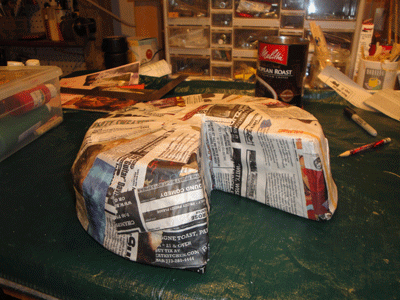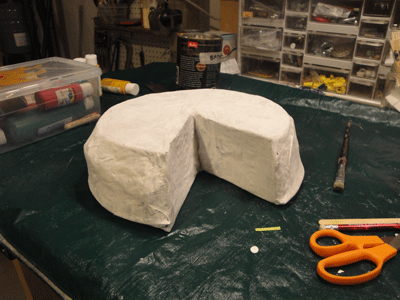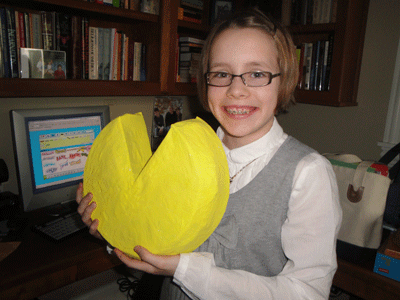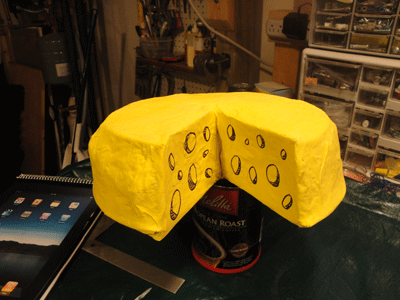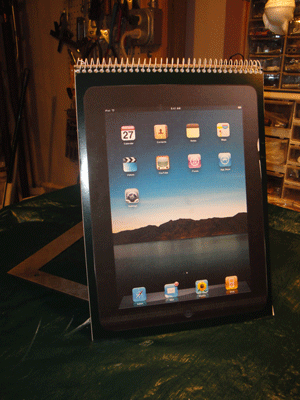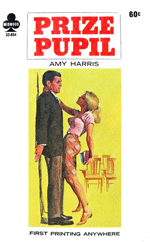 Last Friday I had the honor of once again being a judge for a citywide spelling bee, hosted at St. James Lutheran School. My competition was in the morning, consisting of fifth through eighth graders from the public schools in Chicago. We started out with 63 spellers and ended up with one winner who will head the the national bee in Washington in June. (The afternoon competition was among the private school students, who will also send a champeen (sp?) to Washington.)
Last Friday I had the honor of once again being a judge for a citywide spelling bee, hosted at St. James Lutheran School. My competition was in the morning, consisting of fifth through eighth graders from the public schools in Chicago. We started out with 63 spellers and ended up with one winner who will head the the national bee in Washington in June. (The afternoon competition was among the private school students, who will also send a champeen (sp?) to Washington.)
This was probably my fourth time being a judge, and I absolutely love it. (I posted on it last year, if you’d like to read it. I put a lot of cool vocab words in it.) I may have to turn down the assignment in the future, b/c my hearing is just getting too screwy to be relied upon. Luckily I didn’t have to monitor the spelling, just give out the definitions, languages of origin, and sample sentences when asked. Also, it was pretty clear when a student spelled it wrong, usually a transposition or a false assumption that an “f” sound was spelled with an “f”.
What was astounding, however, was how many students spelled things RIGHT! In the first round, out of all 63, I think 4 kids went down. Next round, maybe 3. It was beginning to look like we’d be there all day. Still, it took us 3 hours to finally get a winner. The kids were so poised and so smart, my heart went out to every one of them. They were all great sports, too. While I saw some disappointed faces, there were no tears or anger or frustration when someone missed a word. They were happy to compete (and to have a half-day off school).
Some people argue that spelling bees are a waste of time (count on the Tribune’s Eric Zorn to go off on it this spring). Certainly, the ability to spell is not a measure of intelligence, more like a unique hard-wiring that some people have to a greater or lesser degree. But I think spelling bees are useful at least for the fact that the kids prepare for it and then need the poise and self-assurance to approach the Mike of Doom. And a love of words, how they’re built and what they mean should be something to encourage in this era of glyphs, emoticons and twitter shorthand.
And where else are you going to pronounce and define a word like pickelhaube? You know you want to. (Scroll down for a picture of one, after which you’ll slap your forehead and say, “THAT’S what that’s called?”)
Words from the bee to use in everyday life, for all us vocab fetishists:
Podsnappery: insular complacency and blinkered self-satisfaction. (from the behavior or outlook characteristic of Dickens’s Mr. Podsnap in Our Mutual Friend)
whilom: one-time; former
moiety: one of two (approximately) equal parts
psittacism: speech or writing that appears mechanical or repetitive in the manner of a parrot (from the Latin word psittaci, or parrots!)
And here it is, your moment of Pickelhaube:
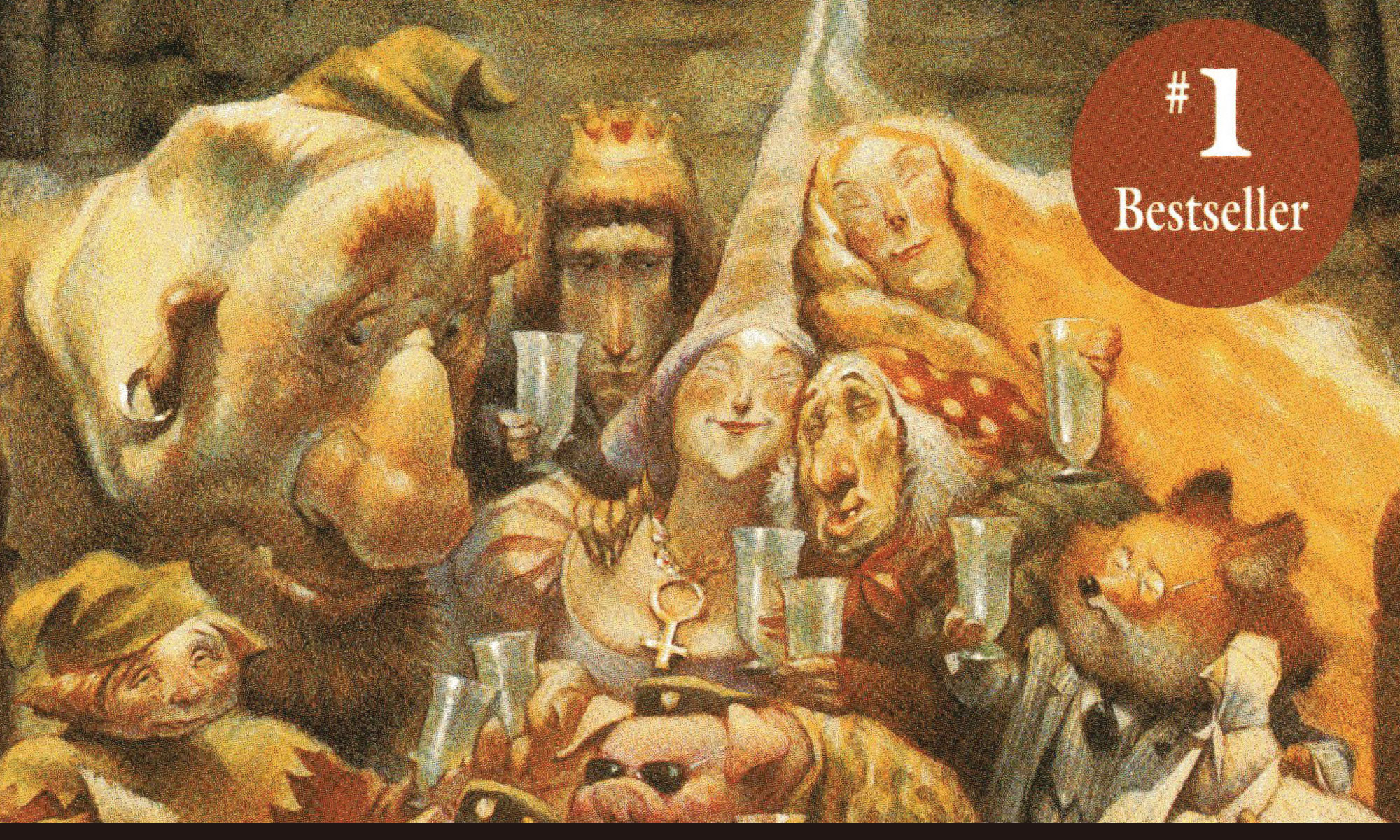

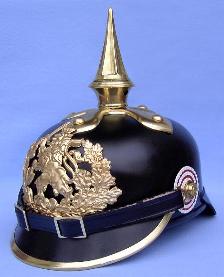
 I’ve been trying to convince the drama teacher at my daughter’s school of this irrefutable equation for two years now, with no success. One need only point to Woody Allen’s “Sleeper” for evidence of its veracity, with the giant banana peel and the aggressive instant pudding. Maybe she’s been swayed by the wave of recent articles about American obesity, and pictures of
I’ve been trying to convince the drama teacher at my daughter’s school of this irrefutable equation for two years now, with no success. One need only point to Woody Allen’s “Sleeper” for evidence of its veracity, with the giant banana peel and the aggressive instant pudding. Maybe she’s been swayed by the wave of recent articles about American obesity, and pictures of 
